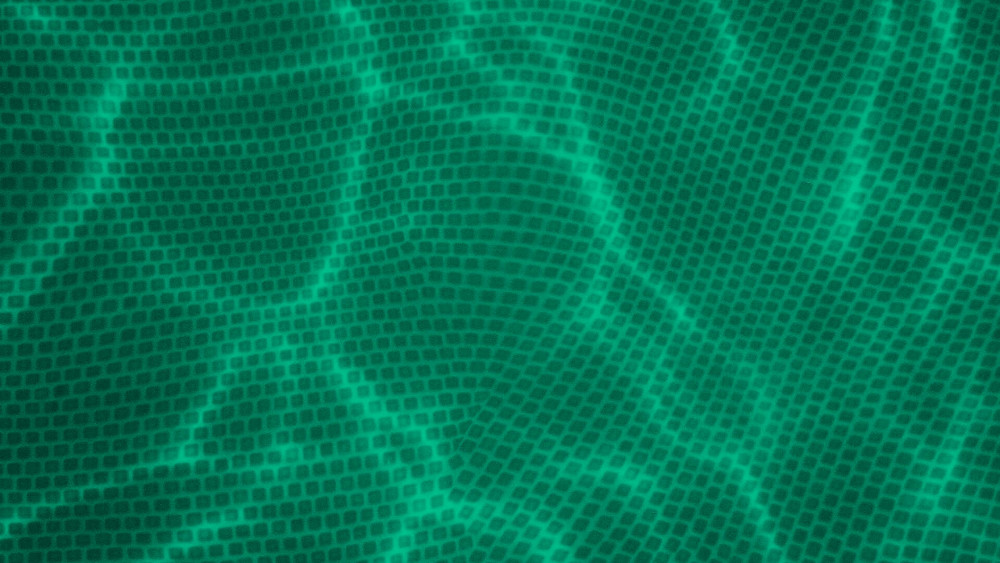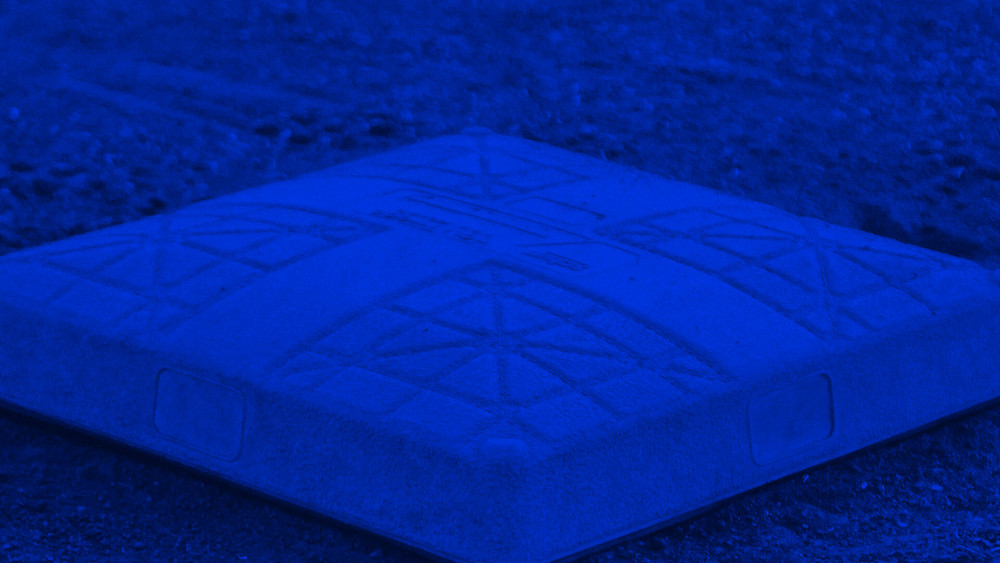Introduction
Trial lawyers, especially defense lawyers in the pharmaceutical and medical device arena, strive to ensure that “junk science” stays out of the courtroom. Unfortunately, that is often wishful thinking.
When I spoke with an esteemed Circuit Court Judge in Tennessee to ask about the Court’s recent dealings with junk science, I expected to hear at least a handful of “junky” stories that have disgracefully made their way to the Tennessee courthouse. Instead, I was pleasantly surprised to hear that he has not found himself faced with many junk science questions, nor have his colleagues. The junk science issues they have encountered, while not typically seen in the pharmaceutical and medical device arena, are similar in terms of how the scientific basis is evaluated. With that said, I think it is worth keeping a close eye on your local court rulings on cases like those included below, in the event any scientific analyses strike a chord in one of your cases.
One junk science issue discussed with the Tennessee Judge arose in a criminal case about a forced confession, specifically, whether one can manipulate an innocent person into confessing. This theory of forced confession, although not a topic we see in pharmaceutical practice, nonetheless involves elements of forensic science, which is prevalent in our practice. Forensic science is “any science used for the purposes of the law … The forensic sciences are used across the world to resolve civil disputes, justly enforce criminal laws and government regulations, and to protect public health.”[1] Forensic psychologists are the key witnesses in discussing forced confessions. They provide the court and jury insight into the psychological dynamics that may lead someone to confess to a crime they did not commit. And much like a manipulated confession, a false memory is developed for something that never happened.[2] Elizabeth Loftus was one of the first researchers to emphasize that individuals can create false memories. Therefore, given that psychological undercurrents, like preexisting vulnerabilities and external pressures, can impact one’s psyche, such expert proof from psychologists may assist the trier of fact when plaintiffs claim to have suffered injuries that cannot otherwise be explained.
In the pharmaceutical world, we also see the application of forensic science in ways such as ensuring product quality.[3] Forensic pharmacology involves identifying the association of chemicals with an individual’s behavior, illness, injury or death.[4] In addition, expert proof from medical toxicologists is routinely seen in pharmaceutical cases. They understand the connection between scientific data relating to the exposure in animals and its relationship to clinical medication. Thus, these experts can explain why a particular drug cannot possibly cause the injury that a plaintiff claims.
The second junk science issue the state Circuit Judge mentioned concerned the diagnosis of parental alienation, which is said to occur when one parent tries to turn his or her child away from the other parent through manipulating tactics,[5] and whether the testimony from the psychologist is scientifically valid and sound. “There are the ‘true believers’ who believe that parental alienation is a condition (Dr. Richard Gardner, for example, called it a ‘syndrome’ or PAS); others recognize that parental alienation exists in a larger construct of the ‘best interests” factors; and others believe it is junk science.’[6] For the junk science camp, the concern is that “introducing this theory in custody cases could deflect allegations of abuse.”[7] The concern that the courts must balance is that allegations of parental alienation may camouflage accusations of parental abuse. Often, a forensic psychiatrist is employed to assess parental alienation in child custody cases.
Human factors experts tendered by plaintiffs in pharmaceutical litigation are similar to the parental alienation experts in that the defense often views their testimony as junk science. Plaintiffs believe that nothing but sound science comes from such experts, when in actuality, their testimony may not only be unhelpful to the jury, but at risk of confusing them. Human factors experts are consulted on issues like medication label design, package design, and clinical trial design. They are asked to opine whether the label clearly shows the warnings, whether the package is easy to read, and whether data from clinical trials are accurately reflected. Care must be taken with such experts to see if their testimony is in fact needed, or whether, instead, the jury can make the determination without a human factors expert’s assistance. Like any other expert, human factors experts can be disqualified for bias or lack of a reliable methodology for their opinions.[8]
After listening to the Judge speak about cases that were, on their face, unfamiliar to me, I slowly realized that no matter the type of case, junk science can make its way into the courtroom. It is therefore important to be vigilant and informed about the science that could arise in our cases and to be armed with the knowledge and strategies to combat it.
Other Considerations:
Not all courts have experience addressing complex medical or scientific issues. Unfortunately, as the Judge I spoke with understands it, courts in Tennessee have not been afforded a fulsome opportunity to experience a “Junk Science 101” course. They apply the rules of evidence and hope for the best when it comes to experts’ opinions in their cases. Therefore, you should make it a point to find out how familiar your court is with complex scientific issues. And it is always a good idea to offer to educate the court on the complexities of your case with, for example, a “Science Day.” An article by my colleagues Susanna Moldoveanu and David Cohen appearing in this issue treats the latter subject in greater depth.
Lastly, as we concluded our discussion, the Judge mentioned that although there have not been any seminars, etc., specifically on junk science, courts are very focused on AI and evidence. This begs the question, “Are we concerned that AI is falsifying data, thus contributing to the junk science epidemic?” The answer is YES, and it is on the courts’ radar. Professor Penny White at the University of Tennessee College of Law wrote an article entitled, AI and Evidence: What Judges Look For.[9] In her article, Professor White warns, “In considering novel evidence issues related to AI and Generative AI, state courts can benefit from proposals that have been made to amend and add to the Federal Rules of Evidence, but should engage in independent discussions and experiments of what modifications are necessary to assure that courts continue to honor the purposes of evidence rules in an adversary system. By doing so, states fulfill their democratic role of serving as laboratories for novel issues.” [10]
Drug and device companies are concerned with balancing safety versus innovation as it relates to AI. In a way, I think the courts are trying to do the same. They want to be as informed as possible, erring on the side of caution while simultaneously fearing what might happen if they refuse to engage in the nuances of AI as it becomes increasingly prevalent in our profession.
Therefore, if we, as lawyers, can assist the trier of fact in understanding the benefits and drawbacks of AI, much like explaining to them the complex scientific issues in our cases, we can rest easier knowing that we did our due diligence in presenting our case. That means, however, that we must be attuned to developing scientific theories and AI progression. Be on the lookout for these types of CLE and seminar opportunities. Our world is evolving, and we cannot afford [for the courts] to be left behind.
[1] What is Forensic Science?, American Academy of Forensic Sciences, https://www.aafs.org/careers-forensic-science/what-forensic-science.
[2] EF Loftus & JE Pickrell, The Formation of False Memories, Psychiatric annals, Vol 25, Issue 12 (1995) at 720-725.
[3] J. Reffner, Forensic Science in the Pharmaceutical Industry – A Microscopy Perspective, Microsc. Microanal. 16 (Suppl 2), (2010).
[4]H.O. Malve, Forensic pharmacology: An important and evolving subspecialty needs recognition in India, J Pharm Bioallied Sci., Vol. 8,2 (2016) at 92-7, https://pmc.ncbi.nlm.nih.gov/articles/PMC4832912/
[5] S. Heitler, Parental Alienation Syndrome: What Is It, and Who Does It?, Psychology Today (December 5, 2024), https://www.psychologytoday.com/us/blog/resolution-not-conflict/201802/parental-alienation-syndrome-what-is-it-and-who-does-it
[6]M.D. Nunn, et al., Parental Alienation: Psychological ‘Syndrome’ or ‘Junk Science’?, N.J. Law Journal (Nov. 24, 2023), https://www.law.com/njlawjournal/2023/11/24/parental-alienation-psychological-syndrome-or-junk-science/?slreturn=20241213163626
[7] Id.
[8] J.M. Gerhart, et al., Applying human factors to develop an improved package design for (Rx) medication drug labels in a pharmacy setting, Journal of Safety Research, Vol. 55,
(2015) at 177-184, https://www.sciencedirect.com/science/article/abs/pii/S0022437515000742.
[9] P.J. White, AI and Evidence: What Should Judges Look For?, National Civil Justice Institute, 2024 Forum for State and Appellate Court Judges, Artificial Intelligence and the Courts, July 20, 2024, https://ncji.org/wp-content/uploads/2024/07/2024-NCJI-Judges-Forum-AI-and-Evidence-What-Should-Judges-Look-For-White.pdf
[10] Id. at 35-36.
Finis


